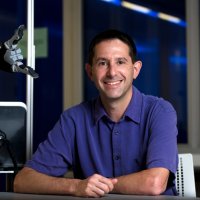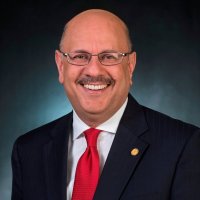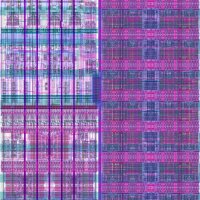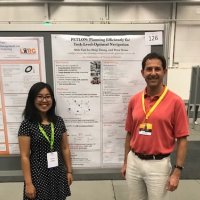Future Gaming Professionals Have New Academic Track at UT Austin
Submitted by Angelica Lopez on
In response to the growing demand for video game designers throughout Texas, The University of Texas at Austin is launching a new gaming curriculum, The University of Texas Game Development and Design Program. The program is a partnership between the departments of Arts and Entertainment Technologies (AET) and Computer Science (CS) intended for undergraduates with career interests in the gaming industry.
Texas is home to almost 20,000 video game specific jobs, second to California, with 10 percent growth expected during the next eight years.
















